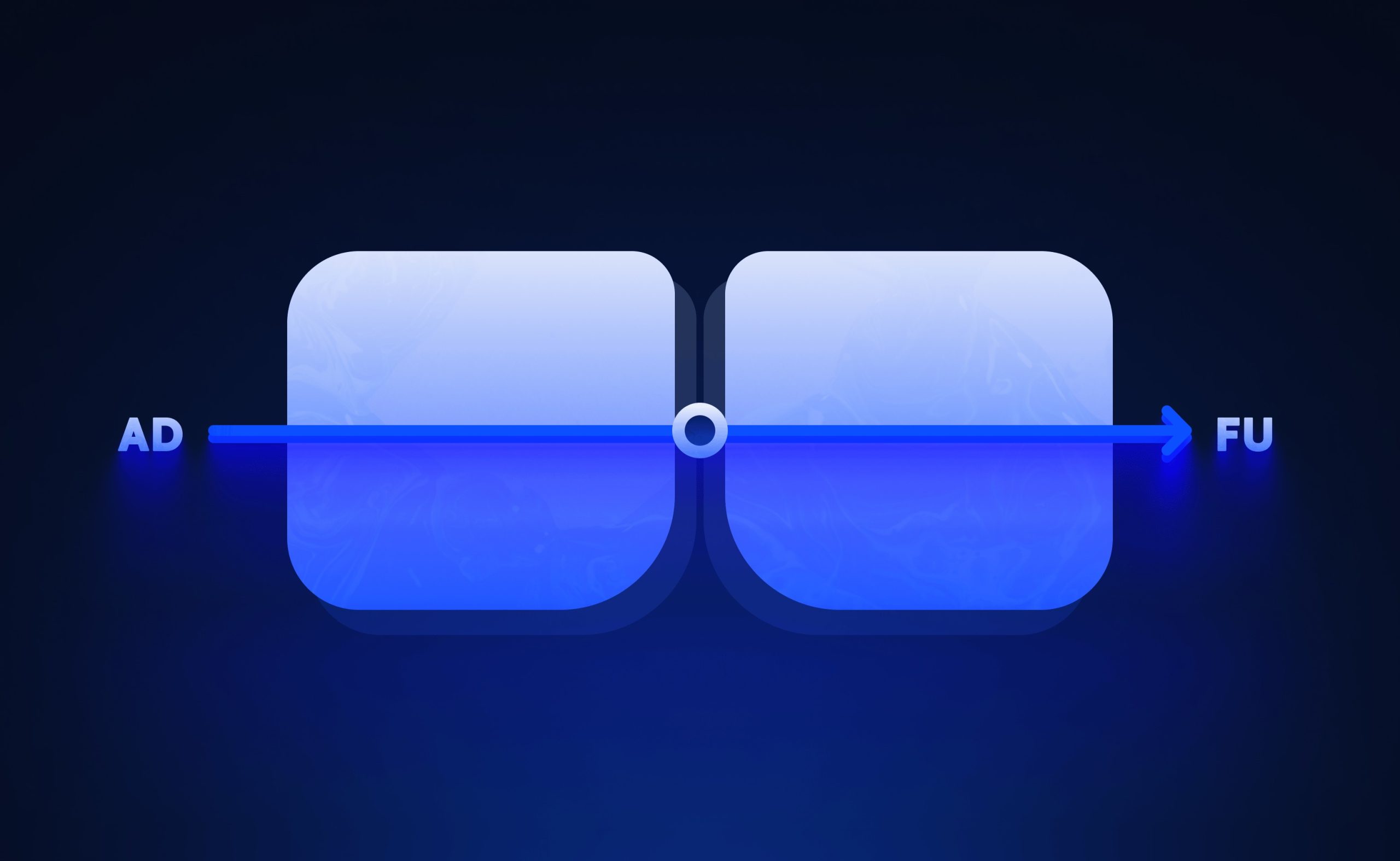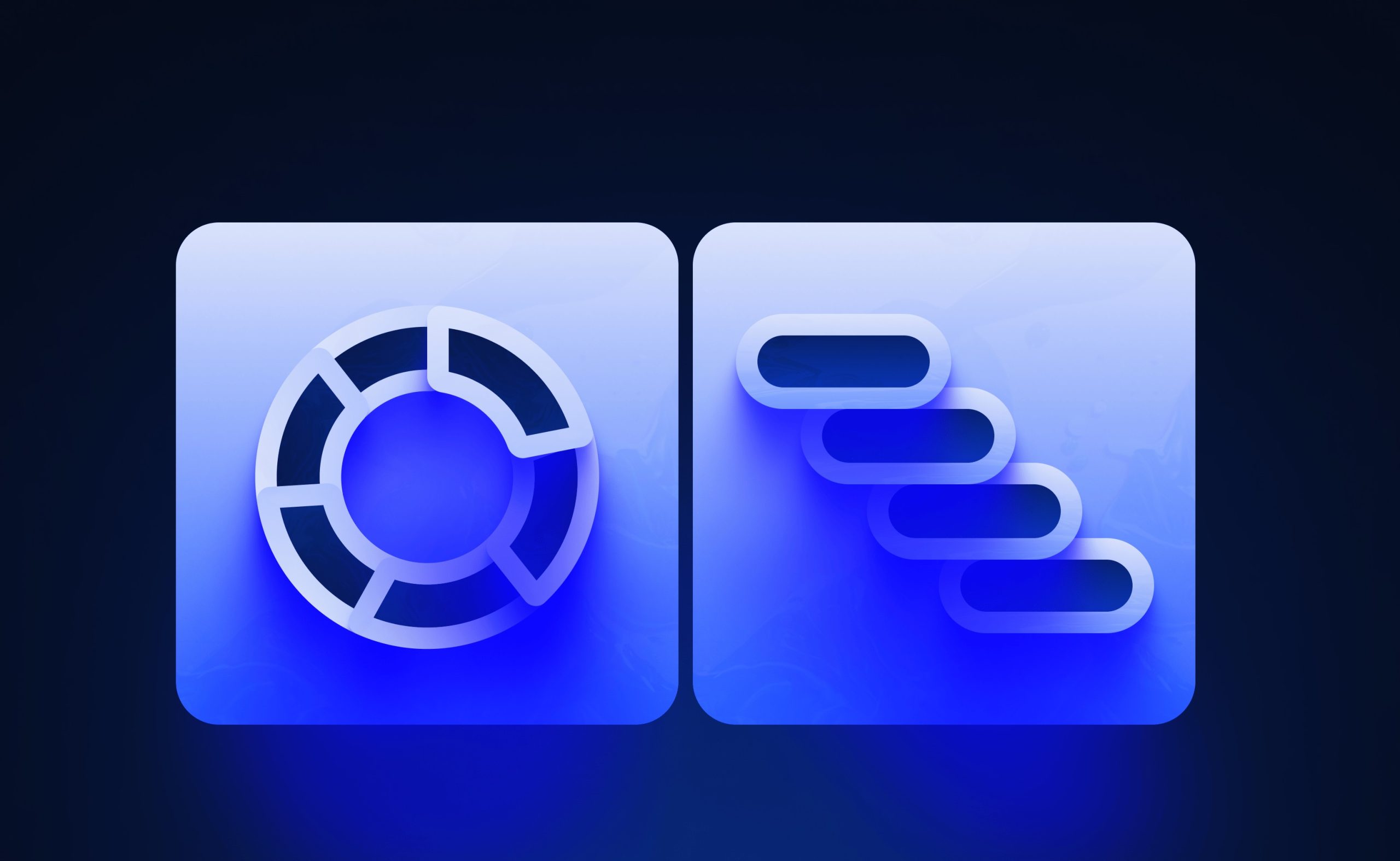As software development continues to evolve, developers have increasingly turned to AI to streamline their coding processes. While AI-powered tools offer the promise of enhanced productivity and efficiency, the reality is more complex. In this article, we’ll explore how developers are using AI for code generation, the potential benefits, and practical strategies to navigate this emerging landscape.
Tapping into AI’s code-writing abilities
Major tech companies have already embraced AI-powered code generation. Microsoft, with their Copilot tool, and Anthropic, with their ChatGPT model, are leading the way. These AI assistants can create initial code snippets, suggest useful functions and libraries, and even tackle complex coding problems. Developers find this particularly helpful for repetitive tasks, standard code, and trying out new features.
Accelerating the development process
The integration of AI into the coding workflow has brought benefits to developers. By using AI-generated code, developers can save time on routine tasks, freeing up their focus for more complex problem-solving. For example, Airbnb’s Aerosolve team used an AI-powered tool to automatically generate boilerplate code, reducing development time by up to 50% for certain projects.
Furthermore, AI-powered code generation can help developers prototype new ideas more quickly. Startups like Anthropic’s Superstring have showcased how their AI assistant can rapidly generate working prototypes, allowing developers to test and iterate on new features in a fraction of the time.
Balancing AI and human expertise
However, it’s important to note that AI-generated code doesn’t always fully align with a project’s specific requirements or coding standards.
Additionally, the reliance on AI-generated code can give developers a false sense of productivity. They may feel they’re making rapid progress, but the time spent verifying and reworking the AI’s output can ultimately slow down the overall development process.
To benefit from AI-powered code generation while managing the drawbacks, developers should adopt a balanced approach:
- Selective AI integration: Identify specific tasks or areas where AI can provide the most value, such as basic code or routine data processing. Avoid over-relying on AI for complex logic development.
- Continuous validation: Implement thorough code review processes to ensure the AI-generated code meets quality standards and business requirements.
- Skill refinement: Encourage developers to expand their own coding expertise and problem-solving abilities. AI should complement, not replace, human programming skills.
- Responsible AI adoption: Develop clear guidelines and best practices for using AI-powered tools, addressing issues like data privacy, security, and ethical considerations.
By striking the right balance, developers can use the efficiency of AI-powered code generation while maintaining the creativity, problem-solving, and domain-specific expertise that are essential for building robust, maintainable software.










